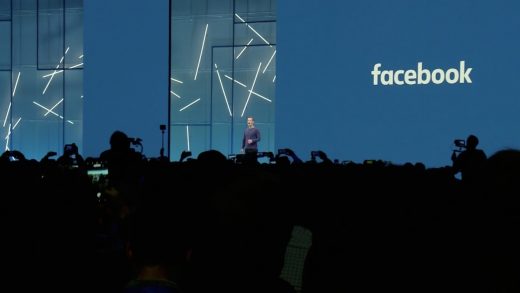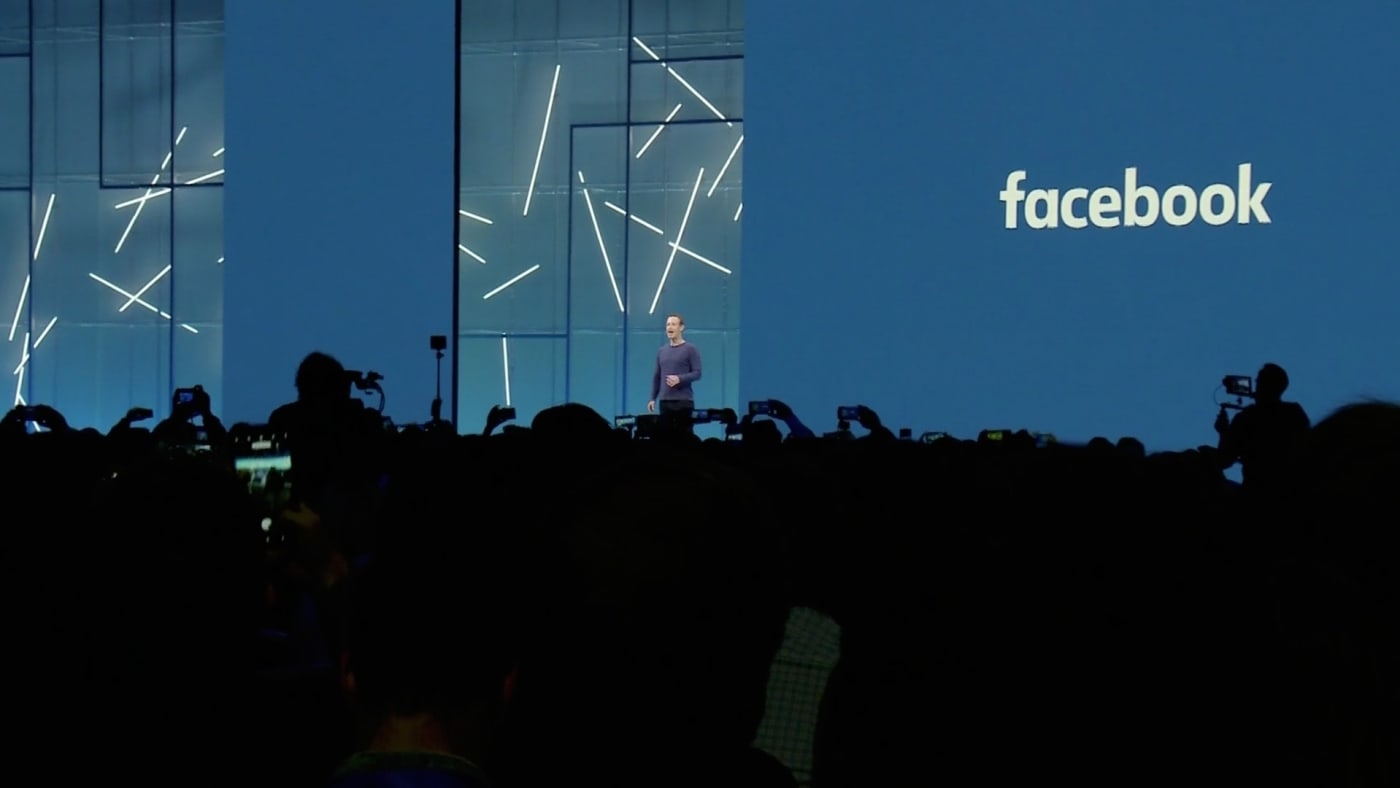At F8, Facebook missed a chance to reassure us about its future
“It’s not enough to build powerful tools. We have to make sure they’re used for good. And we will.”
That was Mark Zuckerberg teeing off the day-one keynote (May 12, 2018) at Facebook’s F8 conference, echoing a sentiment he’s expressed repeatedly (on Facebook, before Congress) in the wake of the Cambridge Analytica mess. For those words to mean anything, they need to apply not just to the tools that got abused last time around—involving profile information, Likes, and other core functionality of the Facebook service itself—but to everything the company does.
F8’s second-day keynote is traditionally a bit of a science fair. It’s devoted to research, technology, and the future, and as usual, this year’s edition was a lot of fun. Just a few highlights:
As dazzling as these examples and others were, I was struck by the fact that the keynote didn’t touch on the matter of how Facebook will prevent bad guys from abusing features it may implement based on its new and future breakthroughs in AI and other areas. (Researcher Isabel Kloumann did preside over an excellent section on AI and ethics, but it focused on removing bias, not preventing misuse.)
It would be unrealistic to expect Facebook to have all the answers about making its cutting-edge research safe for humanity. But it would have been in the company’s interest to make clear that it’s asking the right questions now, rather than merely scrambling to correct mistakes it’s already made.
(20)



